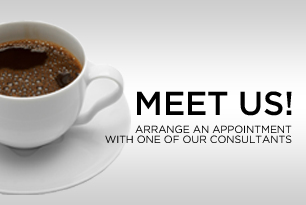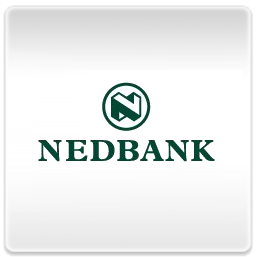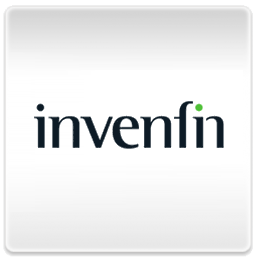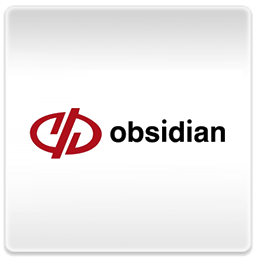in the news
Cerebra enjoys a lot of media coverage and our brilliant staff are often called upon to offer insight and analysis online, in the press, on radio and TV. If you missed an interview, presentation or article you'll find it here - feel free to share as you see fit!
Cerebra’s office space

This week we feature Joburg based social media agency, Cerebra Communication situated at Design Quarter in Fourways. I had the privilege of spending two years of my working life at Cerebra and I must say the culture, people and office is amazing. There is a great vibe when you walking into the office whether it’s busy or quiet. Talking about their offices, the open plan set-up is even cooler especially if you are a social media agency not forgetting the perfect view of Monte Casino and surrounding areas in Fourways. The image explains it all…oh check out their boardroom!!
Original post by Inspiring Office Spaces here
What should you do when personal and corporate brands collide?

Should employees have unlimited access to social media during office hours? If staff have access to social media how can time spent online be used constructively for business? What happens when an employee’s personal brand becomes bigger than their employer’s brand?
Millions of previously “ordinary” citizens the world over have discovered how to leverage social media tools to publish and share content online, rapidly establishing themselves as thought-leaders in their chosen field of interest. Many of these individuals are now recognised as key influencers and are enjoying perks previously reserved for the media elite.
Social Media does not qualify for the 2012 Olympics

The 2012 Olympic Games are being heralded as the first truly social games, thanks to the rise (and rise) of social media networks and content-sharing platforms like Twitter, Facebook, Youtube, Flickr and the like.
Like the Beijing Games before them, internet and social media access and activity is being severely restricted. Sponsors have been guaranteed that no ambush marketing will occur, and fair enough, but what the IOC is doing is detracting from the viewing experience, to the detriment of consumers and therefore sponsors.
How social is killing TV as a one-way medium

Take a moment and think about how you watched television last night. Were you glued to the screen, just you and the TV? Or did you sit phone in hand, scrolling through your social channels, replying to an email and Whatsapp’ing with your friend on the other side of the country about said show?
One of my favourite quotes sums it up: “social media makes you social with the people who aren’t there, and unsocial with the people that are”. Translate this into TV viewing habits and what I find in my network is that people are connecting in communities (on Twitter or Facebook) around common interest shows and sharing their views with everyone else on that particular piece of content.

Shifting from Social Media to Social Business thinking

The term social media refers to a set of web-based and mobile tools, technologies and platforms that enable connection, communication and collaboration in ways never before possible. Hopefully you’ve cottoned on to this by now.
The problem is that this definition doesn’t encompass the undeniable impact social media has had on society and business. I’ve been saying for years now that social media is not about tools, but about people. I believe that companies that grasp the ethos behind social media – and the behavioural changes resulting from the integration of these tools into daily life – will easily differentiate themselves from their competitors in years and decades to come.
Cerebra launches first social business summit

The social web has fundamentally changed how ordinary people connect, communicate and collaborate with each other, both beyond and behind the corporate firewall. In an effort to introduce South African business to the intricacies and challenges of social business, Cerebra are excited to announce the first Social Business Summit.
Cerebra CEO, says, “Social media has not just changed the face of marketing, but challenged the very construct of business. ‘Corporate firewalls are keeping smart employees in, and smart markets out.’ Talent attraction and retention, culture shifts, collaboration and information dissemination need a new approach.”





















